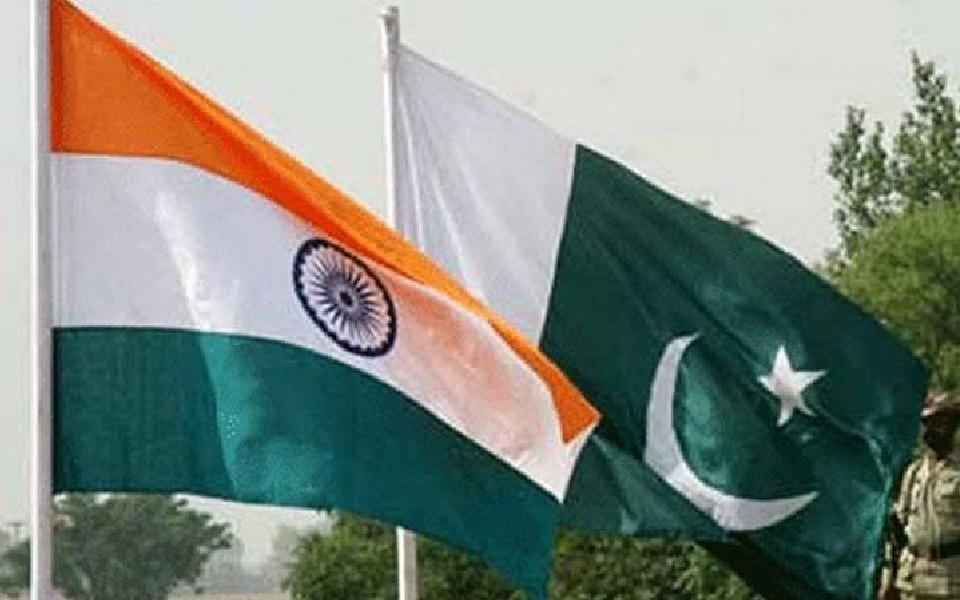New Delhi: India's external intelligence agency, the Research and Analysis Wing (RAW), has reportedly conducted a series of assassinations targeting six individuals in Pakistan since 2021, according to a report by The Washington Post.
The report claims that these operations involved hired shooters from Afghanistan and Pakistani petty criminals, rather than Indian nationals. It further alleges that the assassinations resembled operations targeting Khalistan separatists in the United States and Canada.
Citing unnamed officials, the report states that RAW employed Dubai-based businessmen as intermediaries to organise surveillance, plan killings, and facilitate payments through hawala networks.
One of the reported targets was Zahoor Mistry, accused of involvement in the 1999 hijacking of an Indian Airlines flight. Mistry was reportedly killed in Pakistan in 2022. Pakistani officials alleged that an Indian intelligence operative, identified as Tanaz Ansari, coordinated the operation by hiring locals and Afghan nationals for the killing.
Another reported target was Syed Khalid Raza, a militant leader active in Kashmir during the 1990s. Additionally, Shahid Latif, alleged mastermind of the 2016 Pathankot attack, was reportedly shot dead by unknown assailants in Sialkot, Pakistan, in October 2023.
The report claims that Muhammad Umair, a labourer arrested in connection with Latif’s killing, confessed to being sent from Dubai for the assassination after previous attempts had failed. He also reportedly disclosed the location of a safe house in Dubai, where Pakistani agents later found intelligence materials but no trace of the Indian operatives allegedly involved.
India’s Ministry of External Affairs declined to comment on the allegations, maintaining its long-standing position of neither confirming nor denying involvement in specific killings. The Washington Post reported that Indian authorities have stated that assassinations are not part of official policy.
Let the Truth be known. If you read VB and like VB, please be a VB Supporter and Help us deliver the Truth to one and all.
Bengaluru (PTI): The Karnataka government has issued directions to municipal corporations across the state to regulate and prohibit feeding pigeons in public places, citing serious public health concerns.
Deputy Secretary to Government V Lakshmikanth has written to the Urban Development Department requesting it to issue directions to the Greater Bengaluru Authority (GBA) and all municipal corporations to take immediate steps to implement the measures.
In an official note dated December 16 issued by the Health and Family Welfare Department and released to the media on Wednesday, the department said uncontrolled feeding of pigeons in public places has resulted in large congregations of birds, excessive droppings and serious health concerns, particularly respiratory illnesses linked to prolonged exposure to pigeon droppings and feathers such as hypersensitivity pneumonitis and other lung diseases.
ALSO READ: Chinese GPS tracker found on seagull near Karwar Coast
"The commissioner, the Greater Bengaluru Authority and the Commissioners and chief officers of other municipal corporations shall take necessary action to mitigate the causes of dangerous disease spread by pigeon and enforce specified guidelines in their respective jurisdiction," the note said.
According to the department, these include a prohibition on feeding pigeons or causing pigeons to be fed in areas where it may cause nuisance or pose a health hazard to the public. Pigeon feeding shall be permitted only in designated areas in a controlled manner, subject to certain conditions.
"The designated areas may be selected in consultation with stakeholders. The responsibility for upkeep of the designated areas and compliance to the directions shall be taken up by some charitable organisation or an NGO. The feeding in designated areas shall be permitted only for some limited hours in the day," it said.
The note further stated that authorised officers of local authorities shall issue on-the-spot warnings and may impose fines for violation of the order, or lodge complaints to prosecute offenders under Sections 271 (Negligent act likely to spread infection of disease dangerous to life) and 272 (Malignant act likely to spread infection of disease dangerous to life) of the Bharatiya Nyaya Sanhita.
It also directed local authorities to conduct public awareness campaigns, including the display of signboards, banners and digital messages, explaining the health hazards associated with pigeon droppings and feathers, the content of the regulatory directions and penalties for violations, and alternative humane methods of bird conservation that do not endanger public health.





